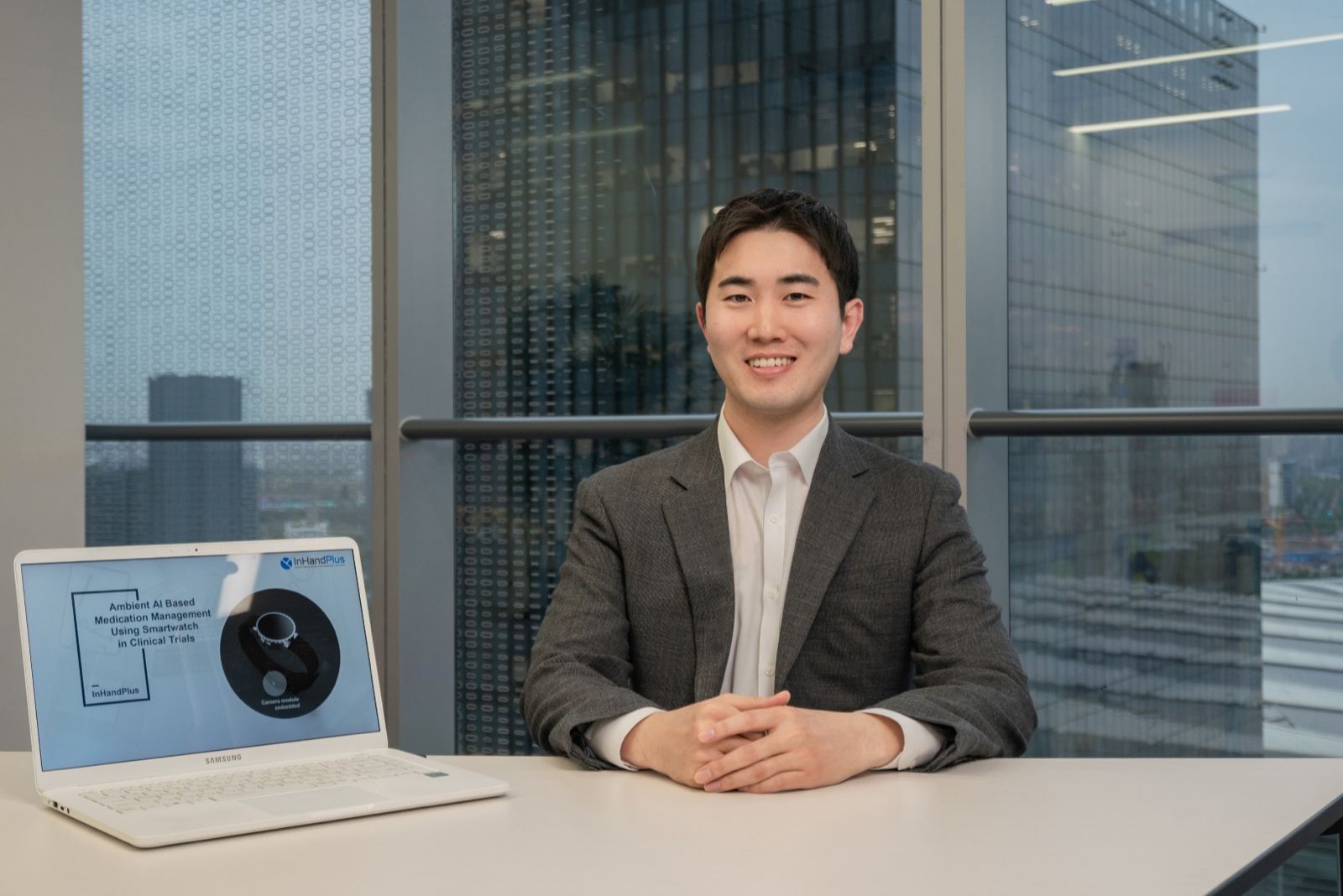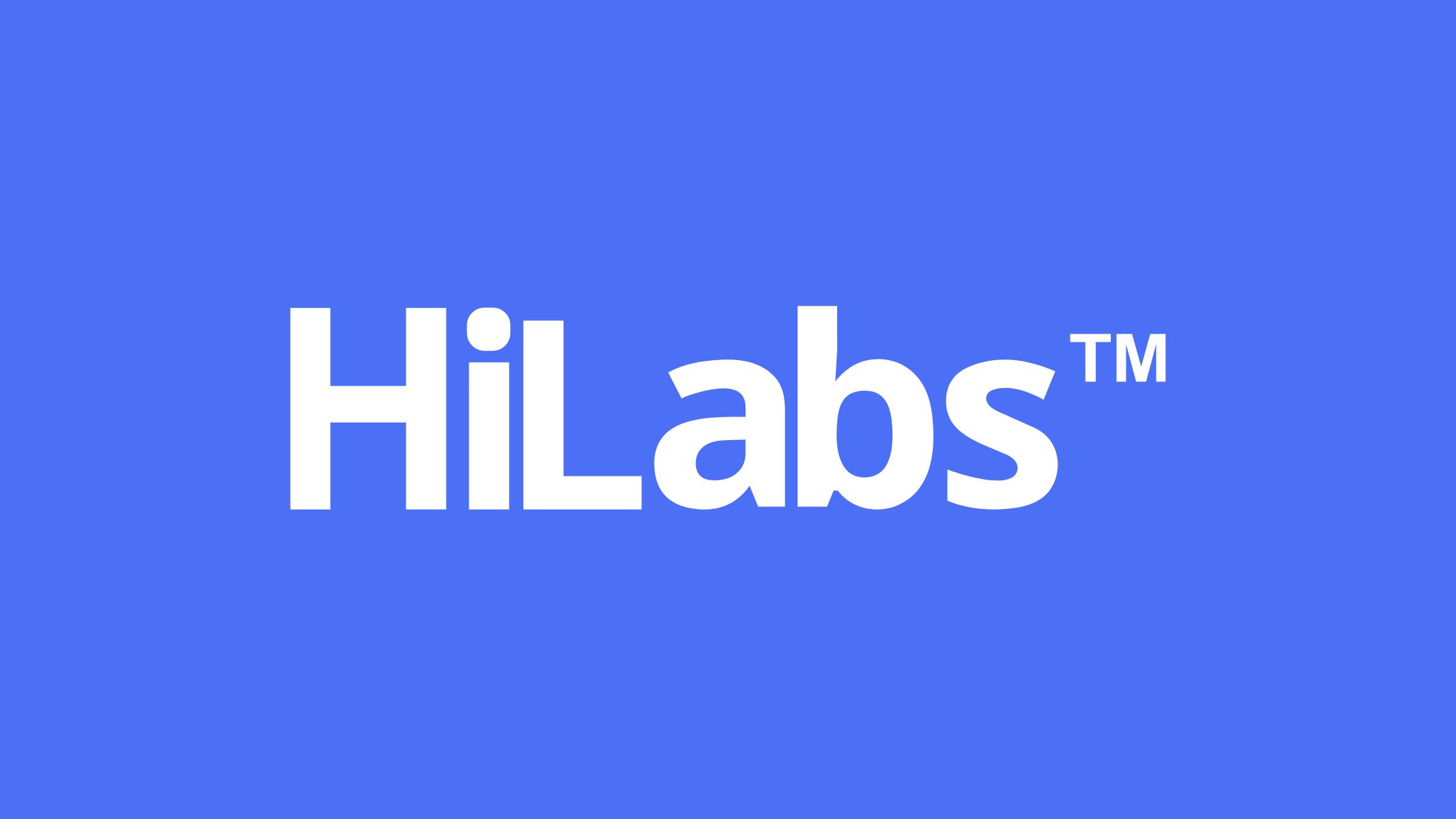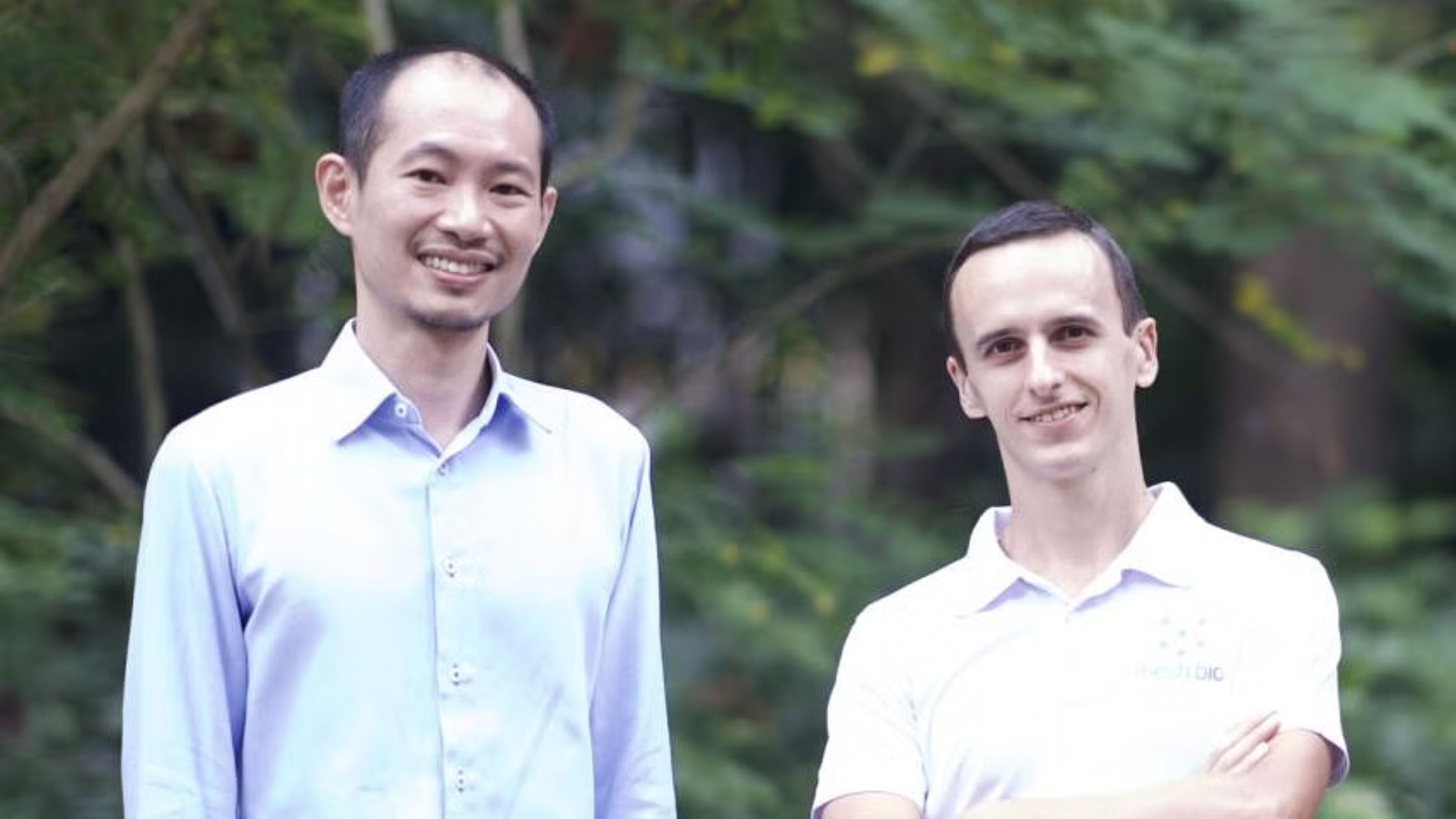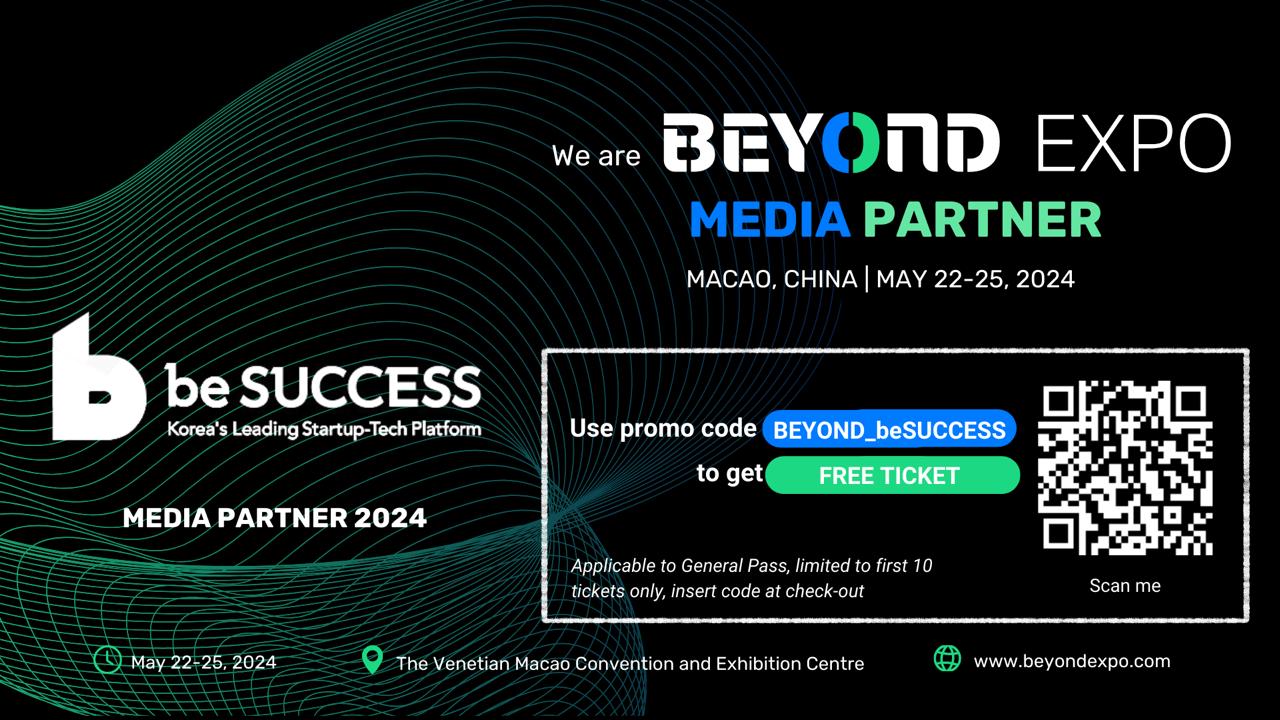AsiaTechDaily – Asia's Leading Tech and Startup Media Platform
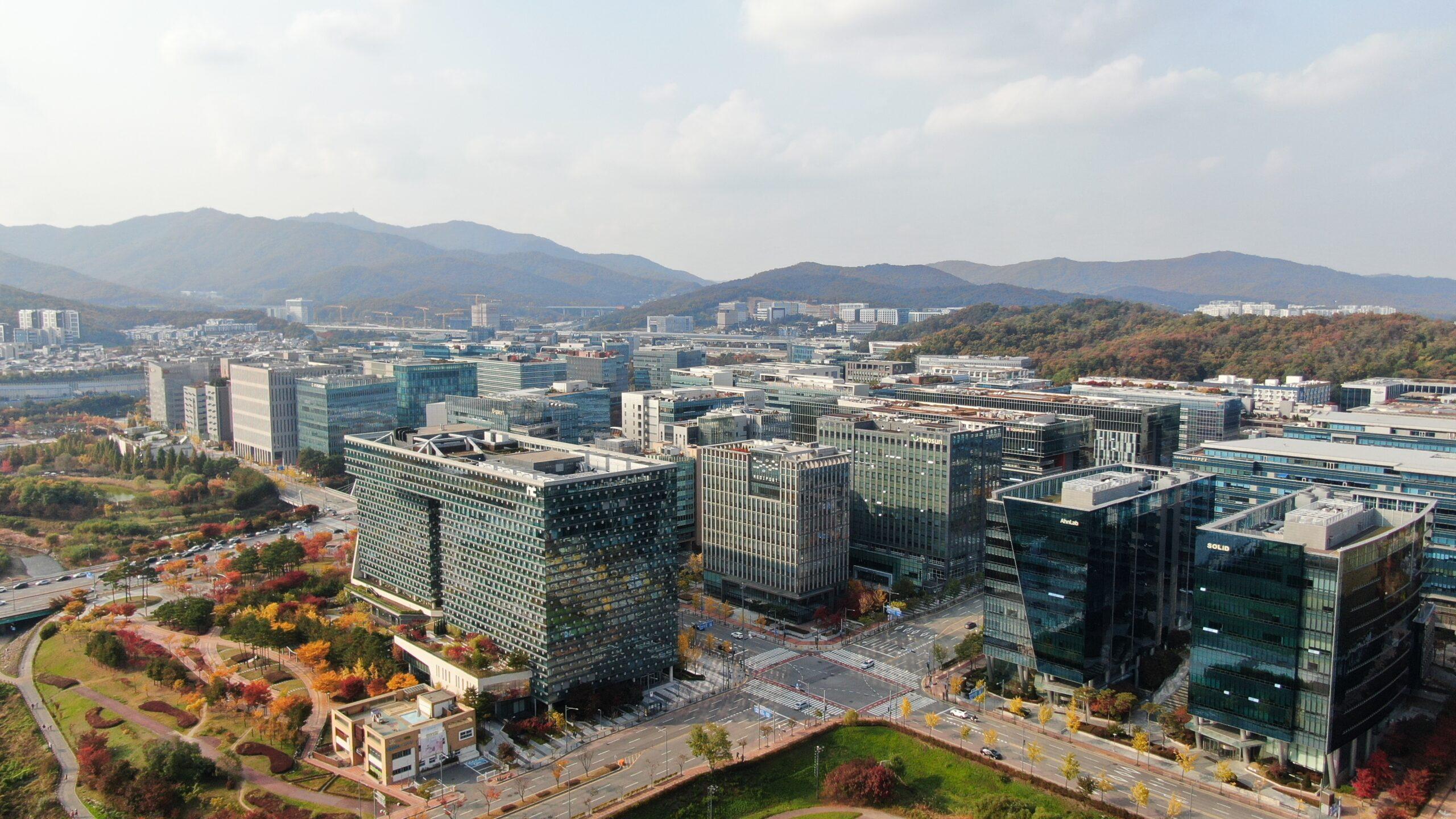
Pangyo Techno Valley Emerges as a Global Biotech Hub
Pangyo Techno Valley, Korea’s most extensive R&D nexus, is rapidly ascending as a pivotal center for biotechnology. Nestled within this multifaceted R&D stronghold encompassing IT, BT, CT, and NT sectors, Pangyo Techno Valley hosts an array of startups, SMEs, and large corporations dedicated to biotech innovation, gaining international recognition for their groundbreaking technologies.
Although many startup companies in Korea are struggling, the bio-industry shows growth in developing digital treatments and pharmaceuticals. According to the Korea Health Industry Development Institute and Evaluate Pharma, a British market research firm, the global gene therapy market is worth about $7.47 billion in 2021 and is expected to grow to about $55.59 billion by 2026.
Pangyo Techno Valley’s start-ups, small and medium-sized enterprises, and large corporations are recognized globally for their developed products. In particular, the performance of companies developing new treatments in various fields stands out in 2023.
SN BioScience (CEO Park Young-hwan), a drug developer, received orphan drug designation from the U.S. Food and Drug Administration and the FDA in recognition of the small cell lung cancer indication for SNB-101 (main ingredient: SN-38), a new polymer nanoparticle drug under development at the time.
SNBioScience’s SNB-101 reduces resistance effects and increases safety compared to existing products and is expected to be effective in diseases such as lung cancer, pancreatic cancer and gastric cancer, for which there were previously no indications. SNB0-101 even passed the feasibility test of mass production, which existing nano-anticancer drugs could not pass. It produced a clinical trial drug by sterile preparation in an EU GMP-certified anticancer drug factory.
Cellengene (CEO Ahn Jae-hyeon), a cell gene therapy developer, was selected as a candidate material stage project in the “New Drug R&D Ecosystem Construction Project” category in the “1st National New Drug Development Project” hosted by the Korea Drug Development Fund (KDDF) in July this year. Cellengene will receive 900 million won in research and development funding over the next two years to derive the final candidate material for CAR-T, Chimeric Antigen Receptor T-cells, a targeted treatment for ovarian cancer.
In addition, in August, Cellengene was granted a U.S. patent for “Chimeric Antigen Receptor containing scFv, an antigen of mesothelin, and its use.” Before the U.S., the company had received patent approval in Australia, China, Japan, and Canada, bringing the total number of countries in which its technology has been approved to five.
Global Data, a global market research company, selected Kainos Medicine (CEO Lee Ki-seop), a developer of Parkinson’s disease treatment, as a “promising Parkinson’s disease treatment development company” in its 2023 report. KM-819, developed by Kainos Medicine, is an innovative new drug that improves the degenerative cranial nervous system through a novel mechanism with a dual-action function, unlike existing Parkinson’s disease treatments.
In November, Kainos Medicine’s AIDS drug KM-023 was included in the list of priority review drugs selected by the Center of Drug Evaluation of NMPA, China’s national drug regulatory authority. KM-023 is an AIDS drug whose technology was transferred from Kainos Medicine to Jiangsu Aidea Pharma in China in 2014. This drug has been developed in China under the name ACC008. Kainos Medicine is seeking product approval so patients treated with existing drugs can be treated by switching to ACC008. If the drug receives regulatory approval, long-term patients who previously relied on imported treatments will be able to receive treatment at a lower cost.
RZnomics‘ (CEO Lee Seong-wook) RNA-based gene therapy drug ‘RZ-001’ received Fast Track designation from the FDA in November 2023 for brain cancer (glioblastoma).
Fast Track is a system designed to expedite the development of treatments for diseases that are likely to be life-threatening. Once a new drug candidate receives Fast Track designation, if it meets certain criteria, it can move quickly through a review process and receive approval.
RZ-001, an anti-cancer drug developed by Rznomics, is a novel drug developed by the Company using its ribonucleic acid substitution enzyme platform technology. RZ-001 has received Investigational New Drug Application approval for liver and brain cancer clinical trials from the Ministry of Food and Drug Safety of the Republic of Korea and the US FDA.
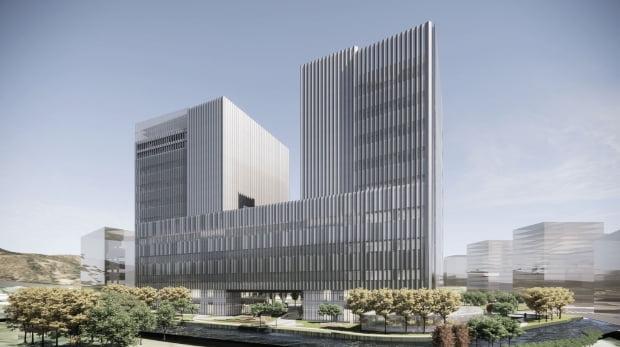
CHA Bio Group is constructing Cell Gene Biobank, CGB, in Techno Valley 2. Construction is expected to be completed by the end of 2024, and 300 billion won will be invested to make it 10 stories above ground and 4 stories underground, with a total floor area of 66,115 m2. CGB is the world’s largest cell therapy and gene therapy development facility.
CGB will feature a CDMO facility, a cGMP manufacturing space, and a comprehensive stem cell biobank. It will be capable of producing cell therapy, gene therapy, mRNA, viral vectors, and plasmid DNA materials under one roof, following cGMP standards.
CGB’s advanced capabilities extend to storing a vast array of human cells, bolstered by CHA Bio Group’s patented cell separation-culture-freezing technology, optimizing the development pipeline for cell and gene therapies.
Pangyo Techno Valley is poised to invigorate Korea’s bio-industry, with its biotech companies achieving significant global market success, signaling a new era of innovation and growth.
For inquiries and connections with Korean tech companies mentioned in this article, contact us at [email protected]. We’re here to facilitate valuable partnerships.
Also Read,
- Pangyo Techno Valley: Korea’s Semiconductor Epicenter Targets Global Leadership in Future Semiconductor Industry
- Gyeonggi-do Aims to Create 20 Business Clusters and Support 3,000 Startup Companies
- Pangyo Korea Biopark: South Korea’s Premier R&D Center for Biotech Firms
- Pangyo Techno Valley, a Cluster of the Korean Beauty Industry, Strengthens Its Global Competitiveness


